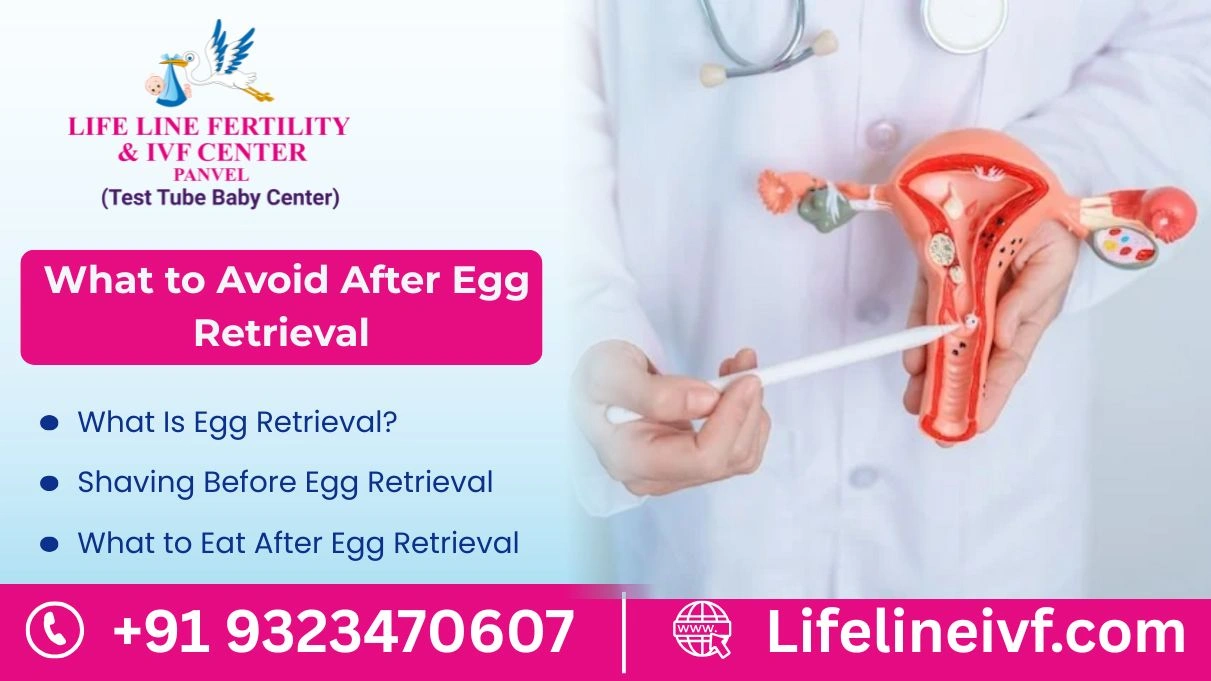
Egg retrieval is a vital part of the IVF (In Vitro Fertilization) process. It involves collecting mature eggs from a woman’s ovaries so they can later be fertilized in a laboratory.
During this short, painless procedure, a fertility specialist uses ultrasound guidance and a thin needle to gently remove eggs from the ovarian follicles. It’s performed under mild sedation or anesthesia, ensuring comfort and safety.
The purpose of egg retrieval is to collect mature, healthy eggs that can be fertilized to create embryos for IVF or stored for future fertility preservation.
Before egg retrieval, ovarian stimulation is carried out to encourage multiple eggs to mature simultaneously.
Proper preparation helps your body respond better and supports a smooth retrieval process.
The evening before your retrieval, prioritize relaxation and mental calm.
Have a light meal such as soup, salad, or steamed vegetables. Avoid caffeine, fried, or spicy food that can cause discomfort. You’ll likely be asked to fast for at least 8 hours before the procedure.
Spend time relaxing—deep breathing, meditation, or light reading can help ease anxiety and prepare you mentally.
It’s not mandatory to shave or wax before the procedure unless advised by your clinic. Hygiene is more important than hair removal.
If you prefer shaving, do it gently the day before to avoid irritation or nicks. Keeping the area clean and dry ensures comfort during the procedure.
After egg retrieval, your body needs time to rest and recover. Knowing what to avoid after egg retrieval helps prevent complications and supports healing.
Diet plays a big role in how quickly you recover from egg retrieval.
A light period or spotting is normal after egg retrieval. This occurs because of hormonal changes and the small punctures made during the procedure.
If bleeding becomes heavy or lasts beyond a few days, contact your fertility specialist to rule out ovarian hyperstimulation or infection.
If the flow is unusually heavy or accompanied by severe pain, consult your fertility doctor immediately.
You may experience mild bloating, cramping, or fatigue after egg retrieval. These are normal and subside within 1–3 days.
If you develop fever, severe pain, vomiting, or dizziness, contact your doctor as these may indicate complications.
Most patients can return to light work within 2–3 days. However, if your job involves standing for long periods or physical activity, take a few extra rest days.
Allow your body time to heal fully before resuming your normal schedule.
Egg retrieval is generally safe when performed by skilled fertility specialists using advanced techniques.
These risks are minimal under experienced medical care and proper hygiene.
Recovery takes about 1–3 days for most patients. Avoid intense activity until your follow-up visit.
Your fertility team will guide you on when it’s safe to resume exercise or sexual activity based on your condition.
Seek immediate medical advice if you experience:
These may signal infection or OHSS and should not be ignored.
At Lifeline IVF Panvel, patients receive advanced, compassionate fertility care tailored to their unique needs. The clinic’s team of fertility specialists, gynecologists, and embryologists ensures precise treatment, safe egg retrieval procedures, and attentive post-retrieval recovery guidance.
With cutting-edge fertility labs, modern technologies, and personalized rehabilitation programs, Lifeline IVF Panvel focuses on comfort, safety, and emotional well-being throughout your IVF journey. The clinic’s holistic approach helps patients experience a smoother recovery and a higher chance of treatment success.
Understanding what to avoid after egg retrieval helps ensure a smooth recovery and supports your IVF journey. Avoid heavy activities, unapproved medications, or unhealthy foods during this period.
With proper rest, hydration, and medical follow-up, your body can recover quickly, paving the way for successful fertilization and implantation. Always follow your fertility specialist’s advice and trust the process—it’s one step closer to your dream of parenthood.
Most women need 24–48 hours of rest, though recovery may vary based on your body’s response.
Short trips are fine after two days, but avoid long-distance travel for at least a week.
Yes. Mild bloating or cramping is common and usually resolves within a few days.
You can start light walking after 2–3 days but avoid strenuous workouts for at least a week.
Protein-rich and iron-rich foods like lentils, spinach, and eggs help your body recover faster.
Your recovery is just the beginning of a beautiful journey toward parenthood. At Lifeline IVF, our team of fertility experts provides personalized care, advanced treatments, and compassionate support every step of the way.
Ready to take the next step? Let’s begin your journey to parenthood together.
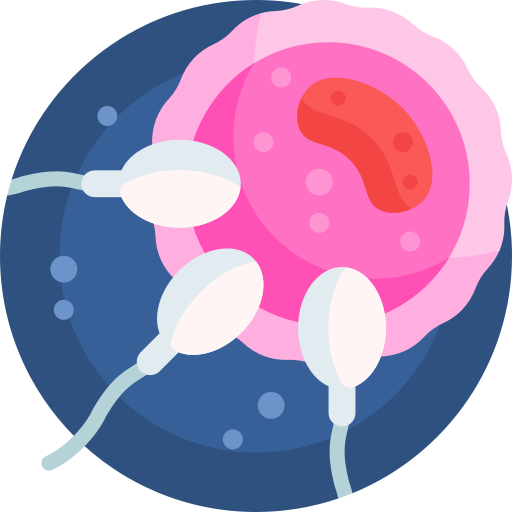
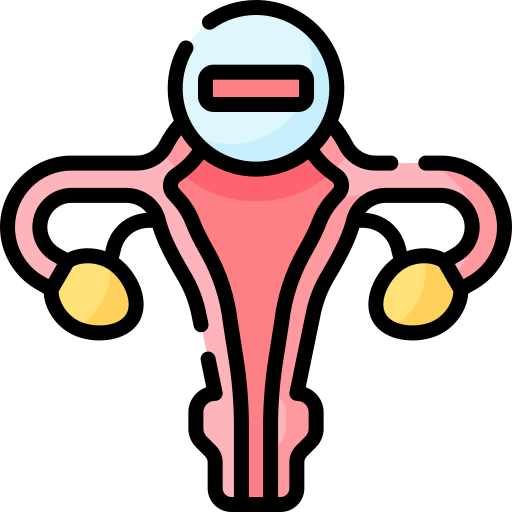
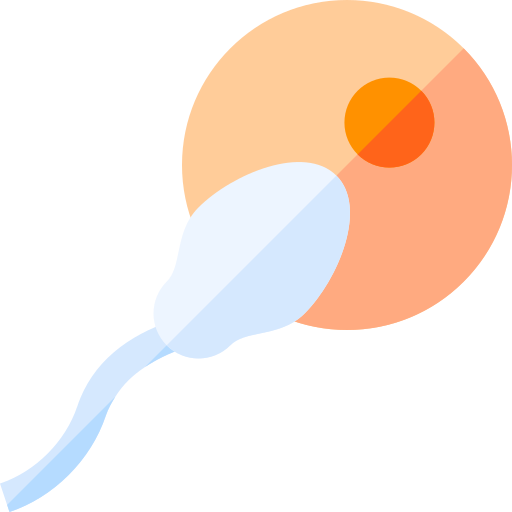
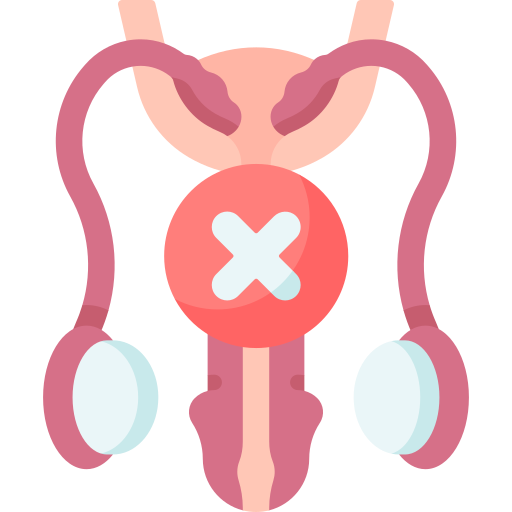
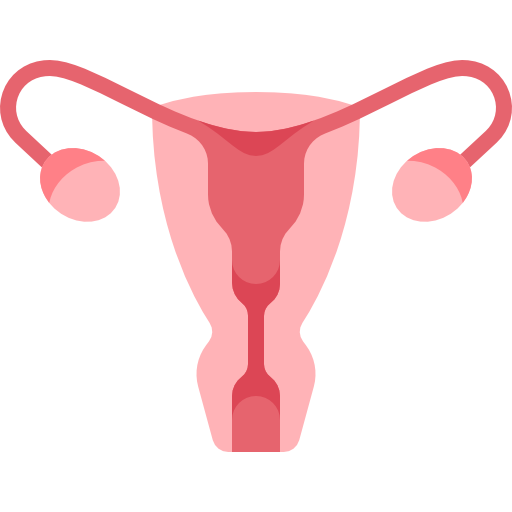
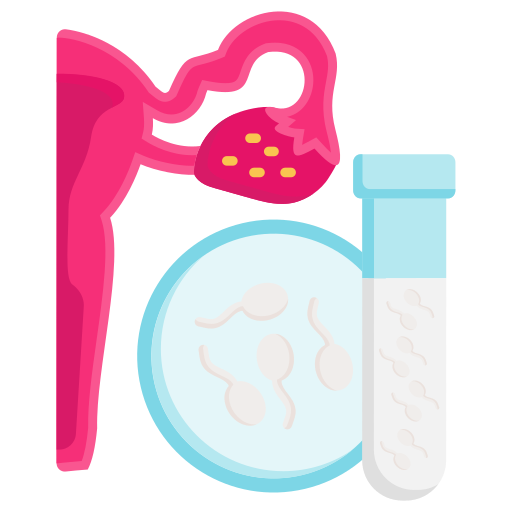
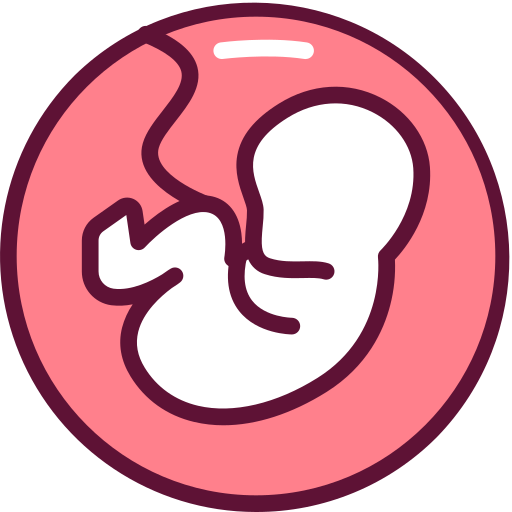

Shivaji Rd, Old Panvel, Panvel, Navi Mumbai, Maharashtra 410206
B 310 Third Floor, The Pacific, Plot No 229, Block G, Sector 13, Kharghar, Navi Mumbai, Maharashtra 410210
Meena 3rd Floor, Shanti Center Building,
Office no 31, Sector 17,
Vashi, Maharashtra 400703
You will receive a call from our hospital within 30 Minutes